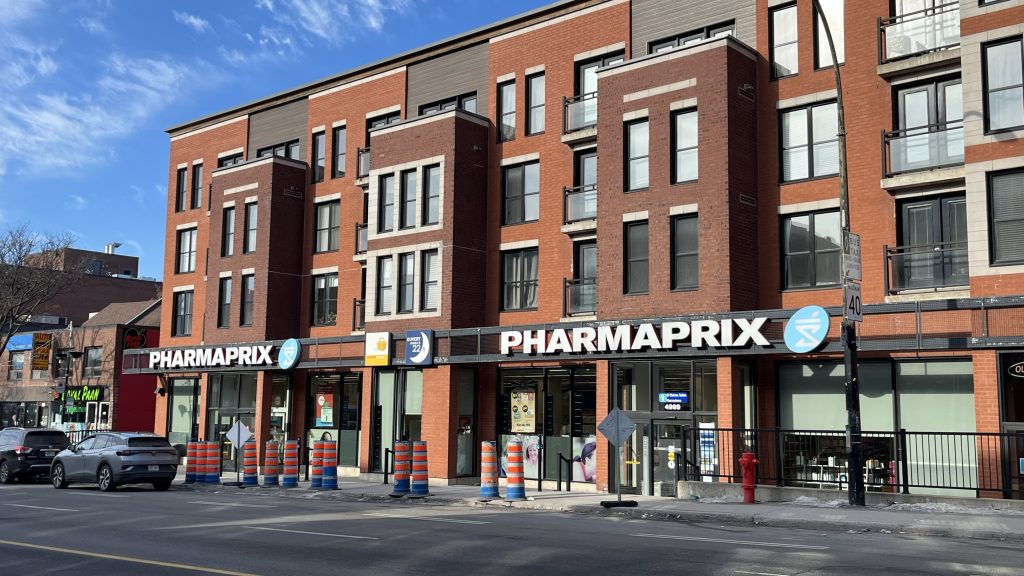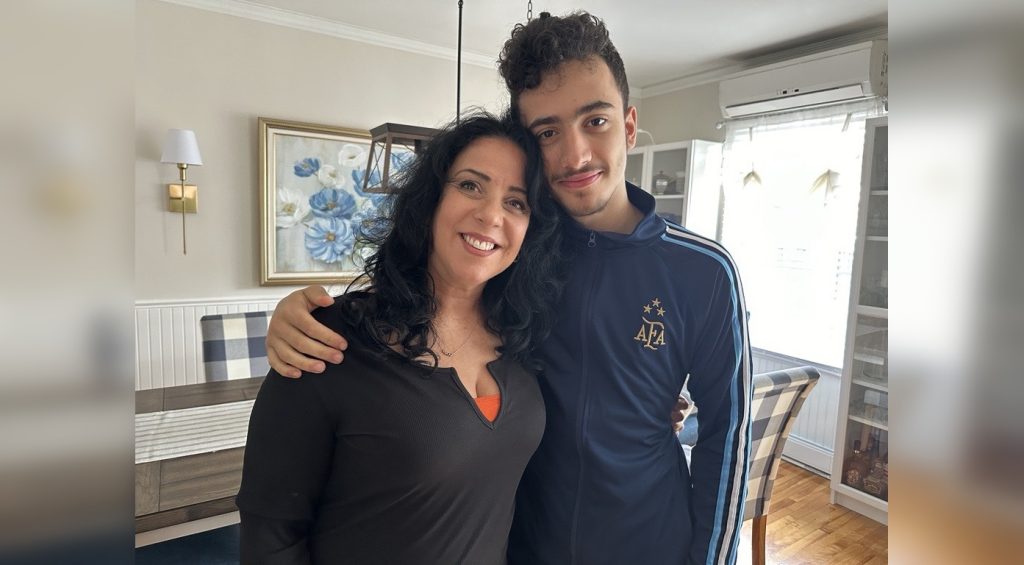Quebec pilot project for women’s health after childbirth

Posted February 13, 2024 1:24 pm.
A pilot project by the CHUM and Pharmaprix will offer around 100 women local care after their pregnancy, particularly those with cardiovascular risks.
Complications such as gestational hypertension, gestational diabetes and pre-eclampsia need to be monitored during pregnancy, but also after delivery, because they can lead to a higher risk of cardiovascular disease.
Women often give priority to their newborn, to the detriment of their own health so Dr. Christine Pacheco and Dr. Jessica Forcillo have decided to offer them a form of monitoring that reflects their reality.
Dr. Pacheco is a cardiologist at Hôpital Pierre-Boucher and Dr. Forcillo is a cardiac surgeon at the CHUM.
“The project involves developing a new, innovative care model to address the problem of assessing the cardiovascular risk of women who have a complication during pregnancy,” explains Dr. Pacheco.
They are both co-founders of the CHUM’s Clinique Cardio F, which specialises in women’s cardiovascular disease.
A collaboration with Pharmaprix will provide the first participants in this study with local care with access to a pharmacist and specialist nurse practitioner.
“Up to 10 per cent of women could be affected by a health problem during their pregnancy, and those who are then at risk of cardiovascular disease,” said Dr. Pacheco. “We have a number of convincing data in the literature which tell us that women who have problems with blood pressure or diabetes during pregnancy are at greater risk of developing a cardiovascular health problem later on, such as a heart attack, stroke or heart failure.”
She continued by explaining that it’s appropriate to take advantage of the fact that the patient is in contact with the health system to take preventive action by acting early on several risk factors.
Pacheco claims that up to half the medical appointments made by women after giving birth are missed for simple reasons.
“While the new mother will often be too overwhelmed to see her doctor, she will still have no choice but to go to the pharmacy to get some of the products she needs for her baby which inspired the idea for this pilot project.”
Dr. Forcillo wants to find ways to make follow-ups easier for these patients.
“It’s also a way of raising awareness and educating them about non-traditional risk factors (for cardiovascular disease). For example, if you have high blood pressure during pregnancy, you are four times more likely to develop it later in life.”
A collaboration has been set up with Pharmaprix’s Aimez-vous program to reach women in their own communities.

Visual material will be deployed in 15 participating pharmacies to inform women and their spouses about this program.
The first stage of the pilot project will be to assess the participants attendance at their pharmacy appointments.
“The involvement of specialist nurse practitioners and pharmacists in these ‘virtual clinics’ will enable Cardio F to offer very close follow-up to these women,” said Dr. Forcillo.
Pharmacist/owner El-Shaimaa Saliem said they want to reach women from all walks of life.
“Our role will really be to facilitate the recruitment and follow-up of community pharmacy patients. We want to remove one of the barriers to access to care that some women face.”
She believes the fact that customers already go to the pharmacy will make it easier to recruit them.
“And since patients often consult their pharmacist in search of advice, it will be easier to guide them in their lifestyle habits, adjust their medication if necessary or even initiate requests for consultations,” explained Saliem. “As the patients are already clients, the relationship of trust already exists, and this facilitates open communication.”
Dr. Pachecho claims that the recruitment of an initial group close to 100 patients will make it possible to check whether the new model will promote regular follow-up.
“If we go and find women where they are, if we minimise travel and if we offer close follow-up in interprofessional collaboration, we really think that this will improve the frequency and regularity of follow-up,” she said. “The project could then be expanded, enabling us to measure the impact of the initiative not only on attendance, but also on clinical outcomes, such as a reduction in the incidence of poorly controlled hypertension or cardiovascular events.”
This report by La Presse Canadienne was translated by CityNews.



